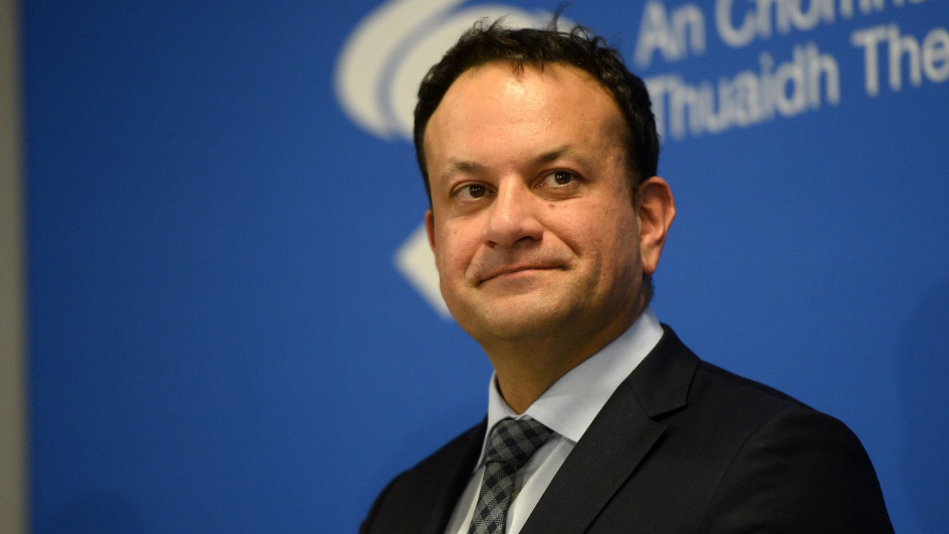United Ireland should never be about money - Varadkar

Leo Varadkar resigned as taoiseach (Irish PM) on Monday
- Published
The former taoiseach (Irish PM) Leo Varadkar says Irish unification should "never be about money".
He was reacting to a study which suggested the initial cost of a united Ireland could be between €8bn (£6.9bn) and €20bn (£17.2bn) a year.
In an interview with Irish broadcaster RTÉ, Mr Varadkar said: "If you believe in the unification of your country, 3 or 4% of GDP is a small price to pay."
Mr Varadkar formally resigned as taoiseach on Monday evening.
He was asked about the analysis from Dublin-based economists, John Fitzgerald and Edgar Morgenroth, who looked at how much it costs to deliver public services in Northern Ireland and how those costs could be carried across to a unified state.
Their central estimate was a cost of €11bn (£9.4bn) or about 5% of Irish national income, meaning tax increases, more borrowing or spending cuts in the unified state.
Their lowest estimate was €8bn (£6.9bn) with a highest estimate of €20bn (£17.2bn), based on the assumption that public sector pay and benefits in Northern Ireland would immediately be raised to match levels in the Republic of Ireland.
Mr Varadkar said: "I had a look at that report.
"It is based on certain assumptions.
"If you change the variables the potential cost is a lot lower."
He also drew on the experience of German unification saying: "I don’t think when the Berlin Wall came down people in west Germany ever considered not unifying their country because of the cost."
The analysis has generated significant debate on both sides of the Irish border.
For unionists, the numbers bolster their argument that being part of the large UK state gives Northern Ireland a degree of economic protection and that conditions would be harsher in a united Ireland.
Across Irish nationalism there were critiques that the assumptions in the study were limited, static and pessimistic, leading to unreliable conclusions.
Related topics
- Published6 April 2024

- Published4 April 2024
